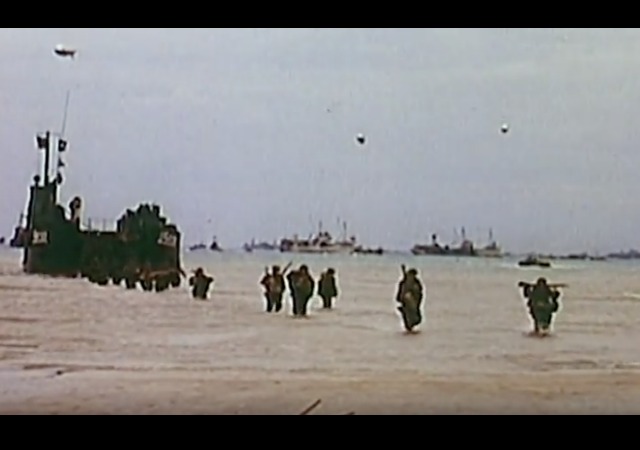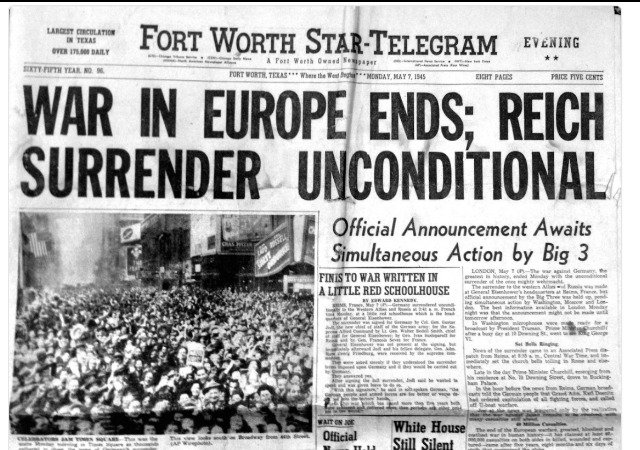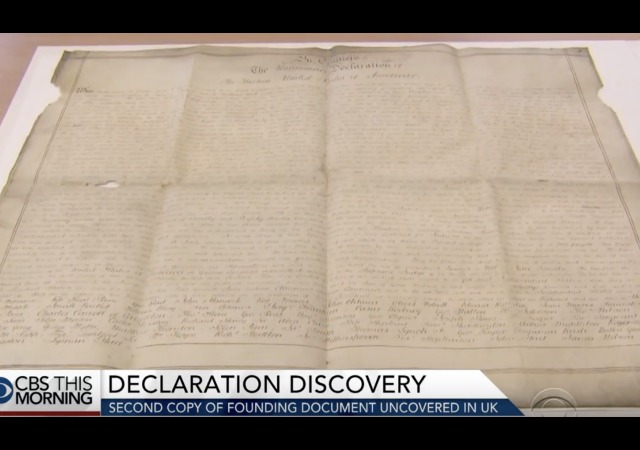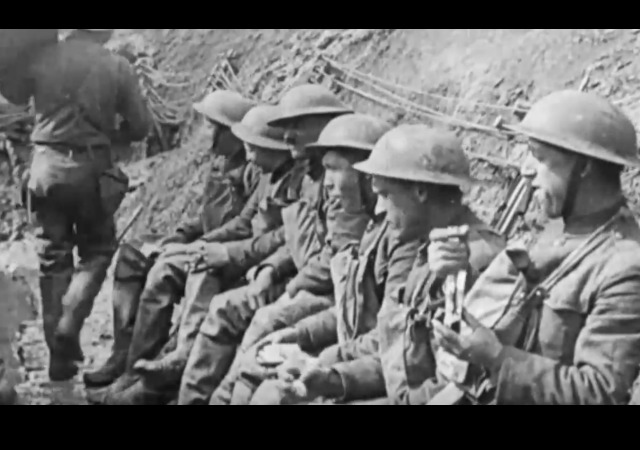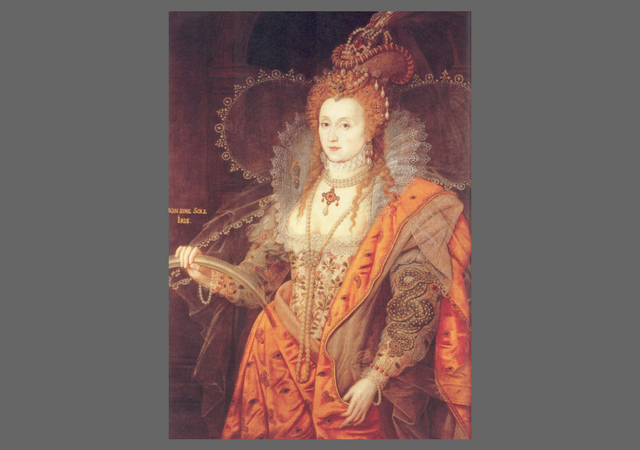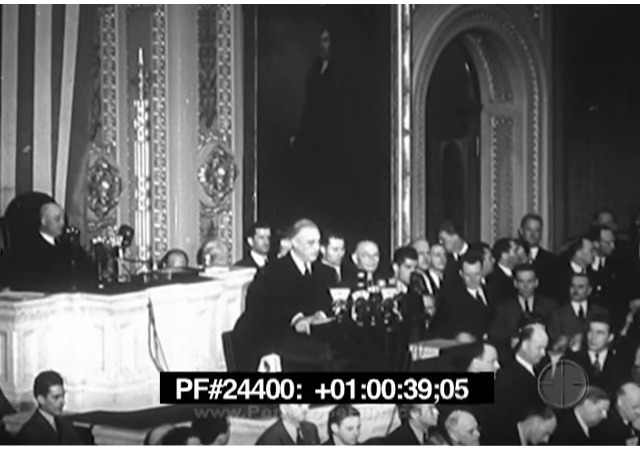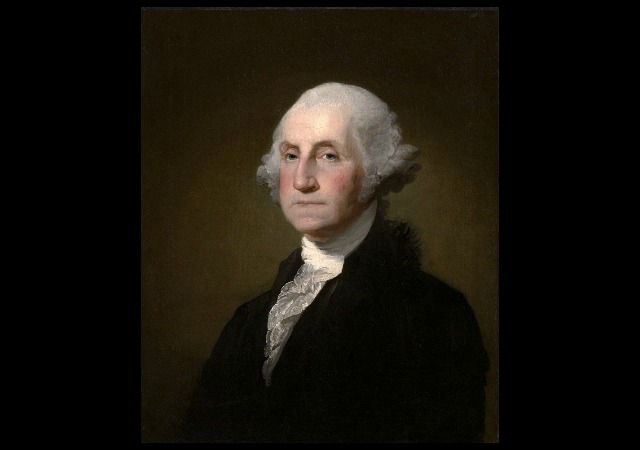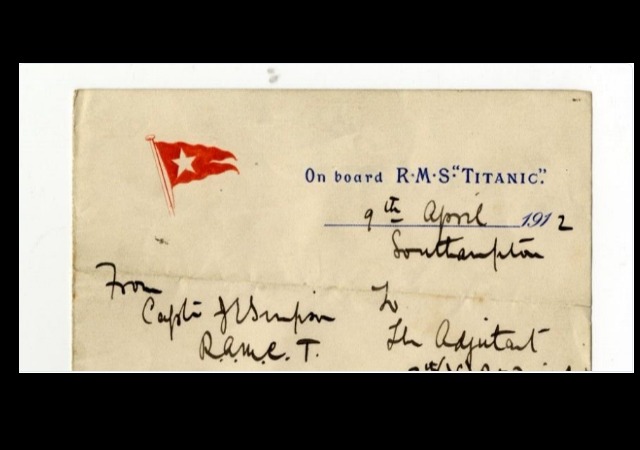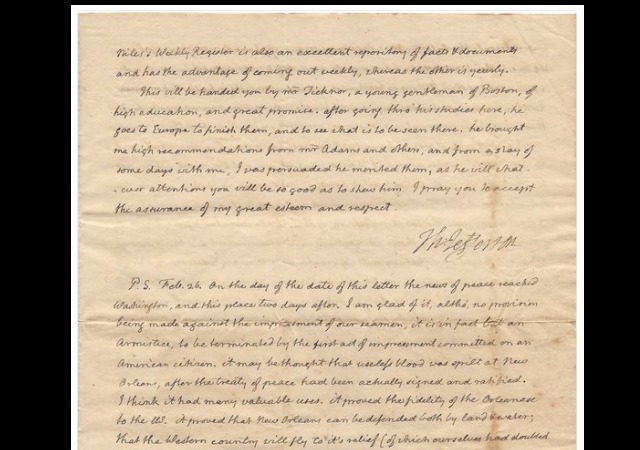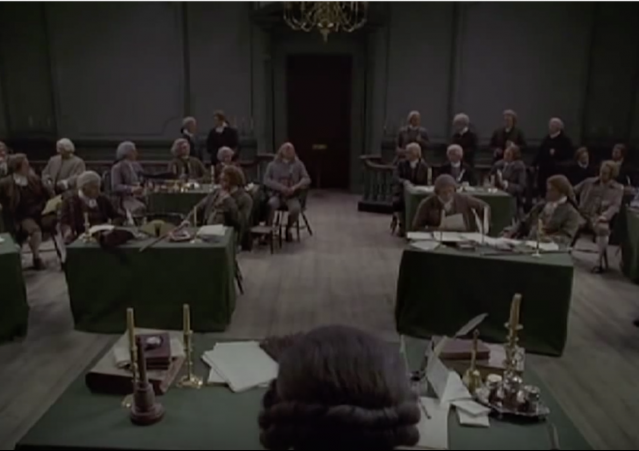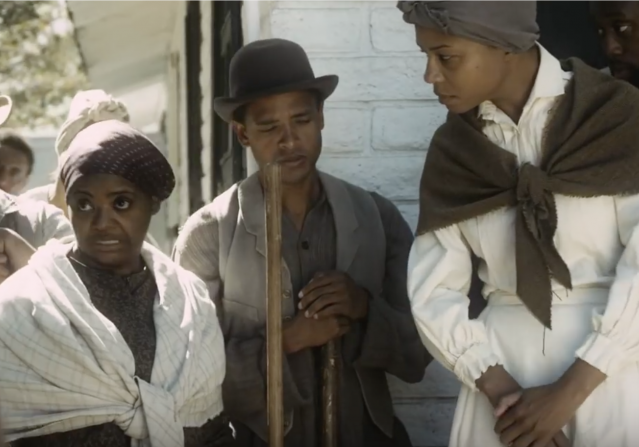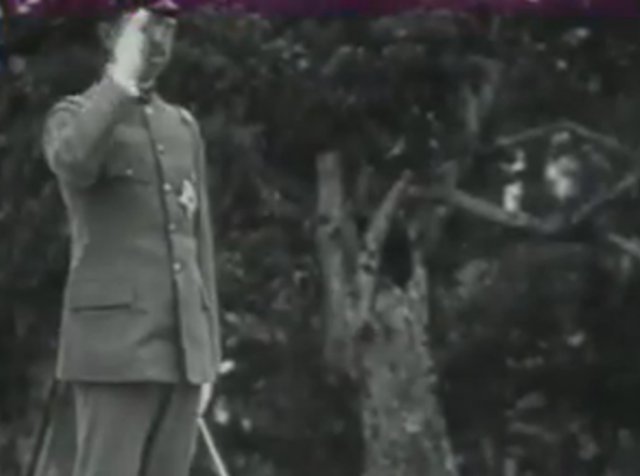Remembering D-Day: June 6, 1944
on June 06, 2017
7 Comments
On this day, 73 years ago, the Allies stormed into Normandy, France, and led an invasion to liberate Western Europe from the Germans. These men risked everything to bring an end to one of the most evil regimes in history.
American, British, and Canadian soldiers took part in Operation Overloard, also known as D-Day, along the 50 miles of five beaches. D-Day is "one of the largest amphibious military assaults in history."

